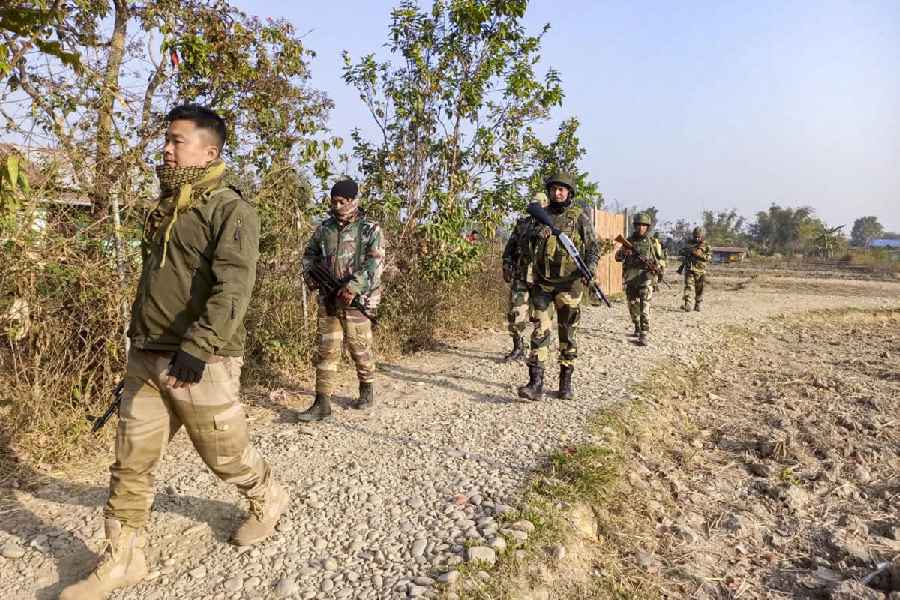Progress, much like peace, can be ephemeral when it comes to Manipur. On Thursday, the Narendra Modi government at the Centre announced two ‘deals’ as proof of improvement in the strife-torn state. First, the Centre revived and extended for a year — on renegotiated terms — the tripartite suspension of operations with two Kuki-Zo rebel groups: N. Biren Singh, the former chief minister, had unilaterally terminated a similar mechanism, a step that added fuel to the fire in the state. Second, an assurance was secured from the Kuki-Zo Council to facilitate free movement of commuters and goods on a national highway. There were whispers that these developments ought to be seen in light of preparing Manipur for a possible visit by the prime minister — albeit over two years after the flames of ethnic violence had torn the state apart. It appears that pledges have a very short shelf life in the troubled state. A Kuki-Zo group with considerable influence at the grassroots has declared null and void the agreement to ensure unimpeded mobility on that crucial road link. Meitei representatives have been equally critical of the Centre’s measures. The Coordinating Committee on Manipur Integrity has stated that the revival and the extension of the SoO with Kuki groups went as far as to legitimise the violence perpetrated by the latter. The obstacles to free movement on the highway, it was reasoned, were also unconstitutional.
The unrelenting, obstructionist attitudes shown by the two warring ethnic constituencies torpedo the Centre’s claims on progress. There is, however, an explanation for their rigid positions. The compact of trust between the valley-based Meiteis and the hill-dominated Kukis appears to have been decimated. So much so that stakeholders in this layered and complex crisis that are independent of the State’s architecture — civil society, for instance — have adopted polarising positions too. The political vacuum in Manipur — it is under president’s rule — has added to
the challenge. The deep, widening chasm between the communities needs to be seen in the context of contestations over land holdings, economic anxiety, political representation and fractured identity. Each — formidable — challenge requires sensitive, representative engagements by way of resolution. The imperatives of security, even though they are an important consideration, should not reduce Manipur’s crisis to merely a law and order issue.










